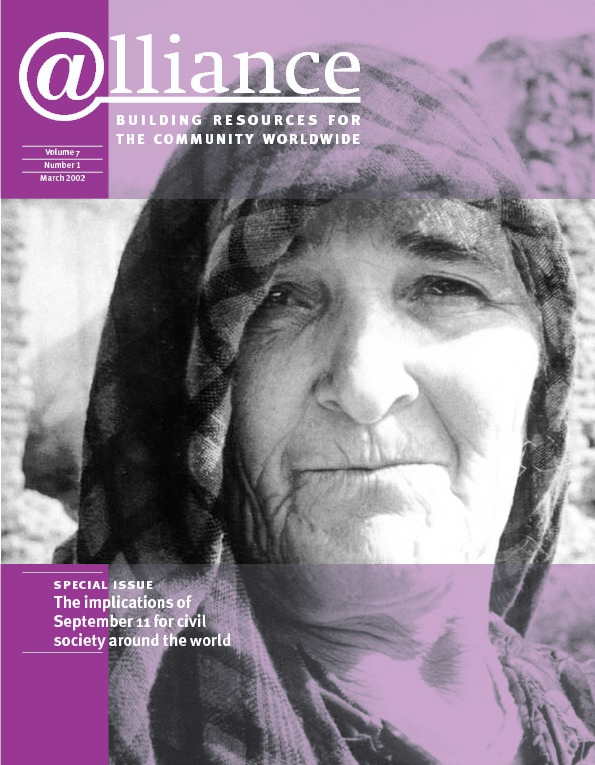‘No wind will do for a ship that has no designated port.’ This quotation from Montesquieu opens this short book on how to create a good society. Unfortunately, as Etzioni points out, societies are like fully loaded barges that lie deep in the water and are difficult to steer. Nevertheless, Etzioni says that it is important to have the port, and this he claims is ‘a good society of the sort that humanity has been aspiring to since the days of the ancient Greeks and the Old and New Testaments’.
What is this good society? According to Etzioni, it is the ‘third way’. Switching his metaphor to dry land, Etzioni says it is ‘a road neither paved by state socialism nor undergirded by the neo liberalism of the market’. Neither is it the modern quest for civil society – which is too narrow. Instead, it is a centrist path that follows philosopher Martin Buber towards ‘I-Thou’(equal) relationships, rather than ‘I-it’ (instrumental) relationships. A good society involves treating people as ends in themselves rather than as means to some other end. Such positive conditions are found in ‘communities’ because they provide affective bonds that turn groups of people into groups resembling extended families, and they transmit a shared moral culture from generation to generation. This is the basis for ‘communitarianism’, a philosophy with which Etzioni has been associated since his 1993 Spirit of Community.
From these premises about the importance of community, there follows a wide-ranging polemic about the economy, education, welfare, politics, health, environment, and much else. It is encouraging to see an academic engaging with such normative concerns, and using broad-brush arguments without feeling the need to add a reference each time a new idea is introduced.
However, the argument fails. There are four main reasons. First, there is almost no analysis of ‘community’. The idea of community is fragile and ambiguous. Should it become a delivery vehicle for a good society, it is important to grapple with the fact that it is not a cosy comfort zone where ‘I-thou’ relations hold sway but a hotbed of competing interests where cooperation and conflict pull in opposite directions, sometimes bringing communities to the brink and beyond (Vukovar, North Belfast, Gaza). Second, there is no reference at all to the efforts of generations of community workers, agencies and foundations to strengthen communities. Third, there is no power analysis, so it is unclear who will implement these ideas and how they will overcome huge vested interests that stand to lose from the elevation of community. Finally, there is no reference to what ordinary citizens want from a good society, so the book, in merely being the outpourings of a senior academic, is profoundly undemocratic. What right has he to propose community as a solution without involving the community in the solution? Just whose ship is this?
Barry Knight is the Secretary to CENTRIS. He can be contacted by email at Centris_org@mac.com
Next: The road to the good society
Amitai Etzioni Basic Books $23
To order
westview.orders@perseusbooks.com






Comments (0)